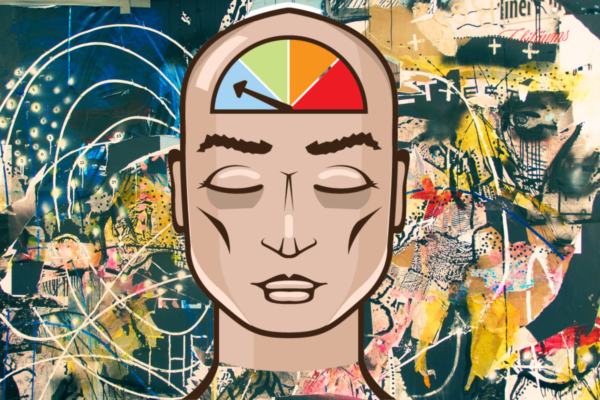
Researchers at Copenhagen University in Denmark believe they may have found the mechanism that enables psilocybin, the psychedelic ingredient in magic mushrooms, to produce rapid and long-lasting effects on personality and mood. Previous research has shown these effects beneficial in treating mental health conditions such as anxiety and depression. But how they work has been somewhat of a mystery until now.
The study, published in the International Journal of Molecular Sciences, investigated the effects of psilocybin on the brains of pigs. Pigs were chosen for the study because their brains are anatomically similar to human brains. Researchers found that that psilocybin enhances neuroplasticity in the pigs’ brains and increases the number of neuronal connections in the prefrontal cortex (the area responsible for executive functions like attention focus, impulse control, and managing emotional reactions) and hippocampus (where the brain stores declarative memories and spatial relationships).
“Both post-mortem human brain and in vivo studies in depressed individuals have shown a loss of synapses through the down-regulation of synaptic protein and genes,” the study authors write. “Hence, upregulation of presynaptic proteins and an increase in synaptic density may be associated with the potential anti-depressive effects of psychedelics.”
This isn’t the researchers’ first study on psilocybin. Their previous work involved tests to establish the proper dose of psilocybin to produce psychoactive effects in pigs. In that study, researchers found that pigs that had received psilocybin had higher levels of the protein SV2A compared to a control group of pigs that received injections of saline. This same protein is typically reduced in people with major depressive disorder.





